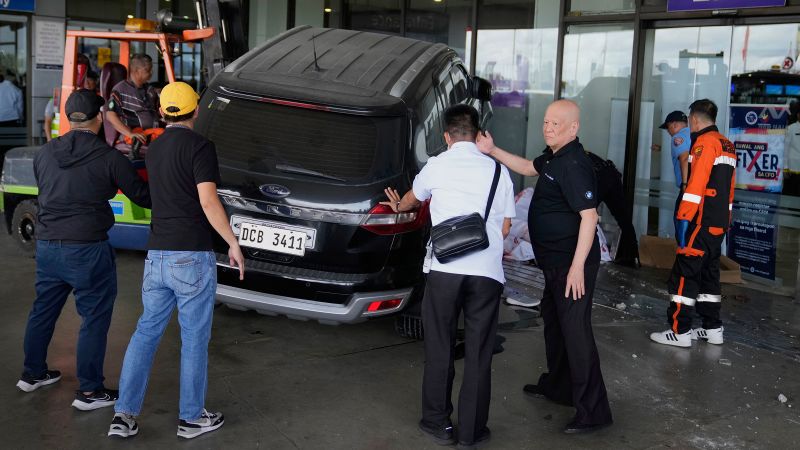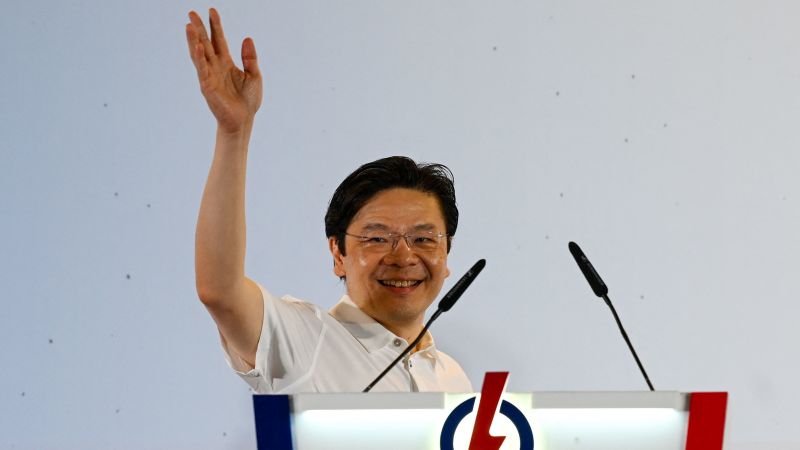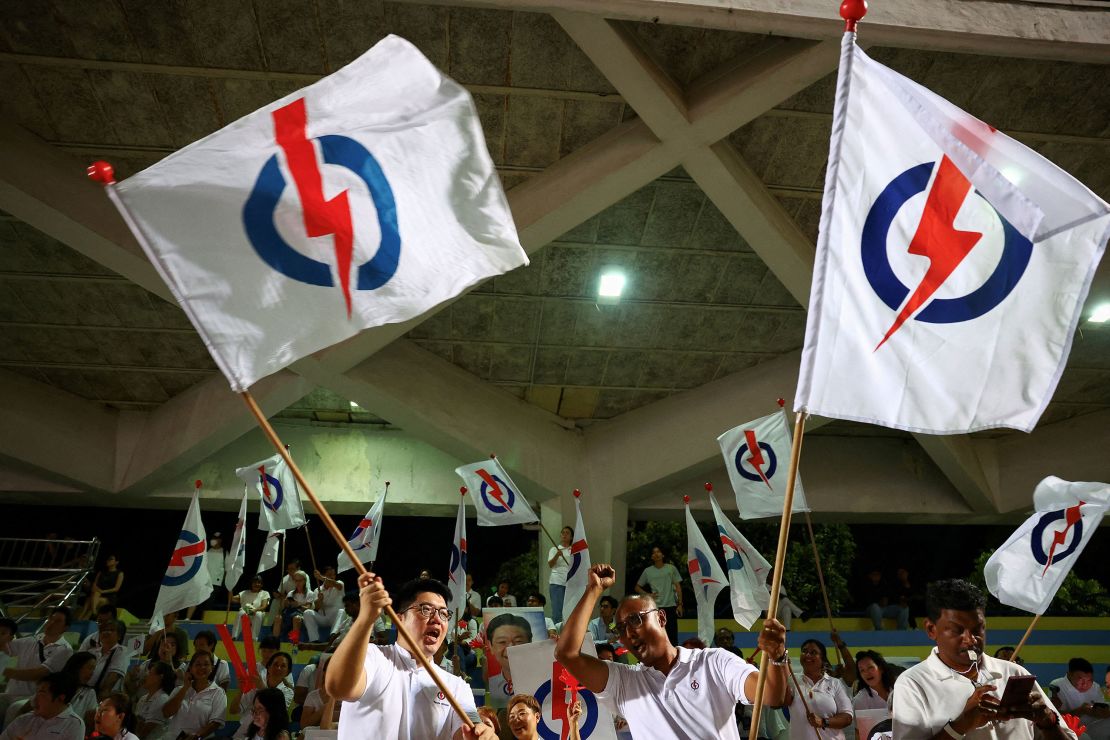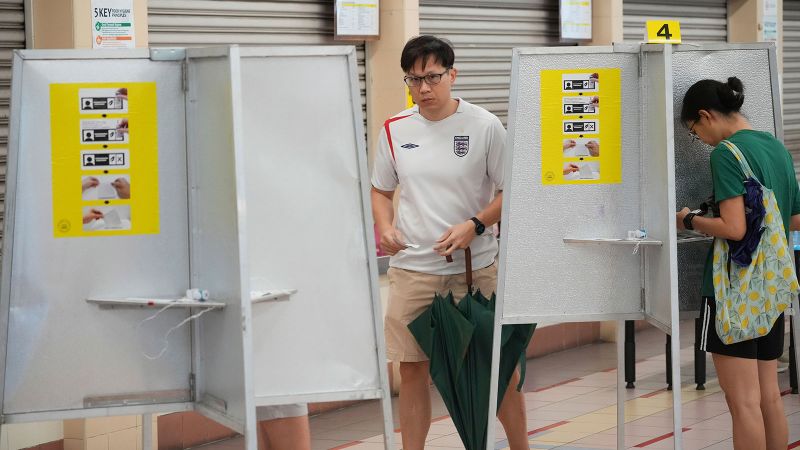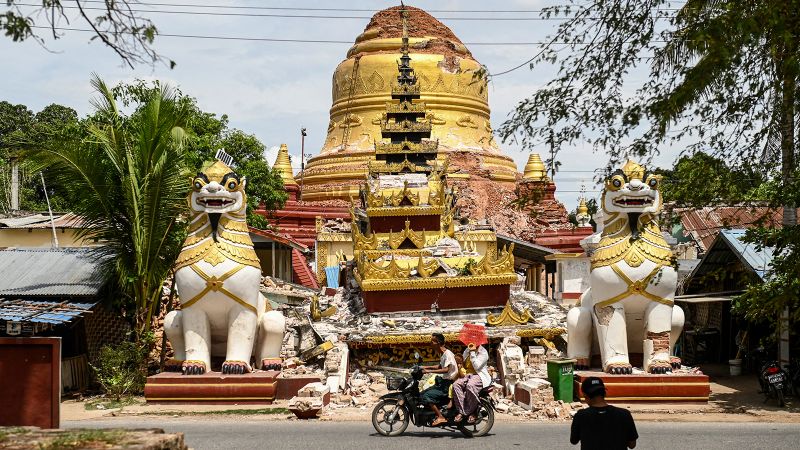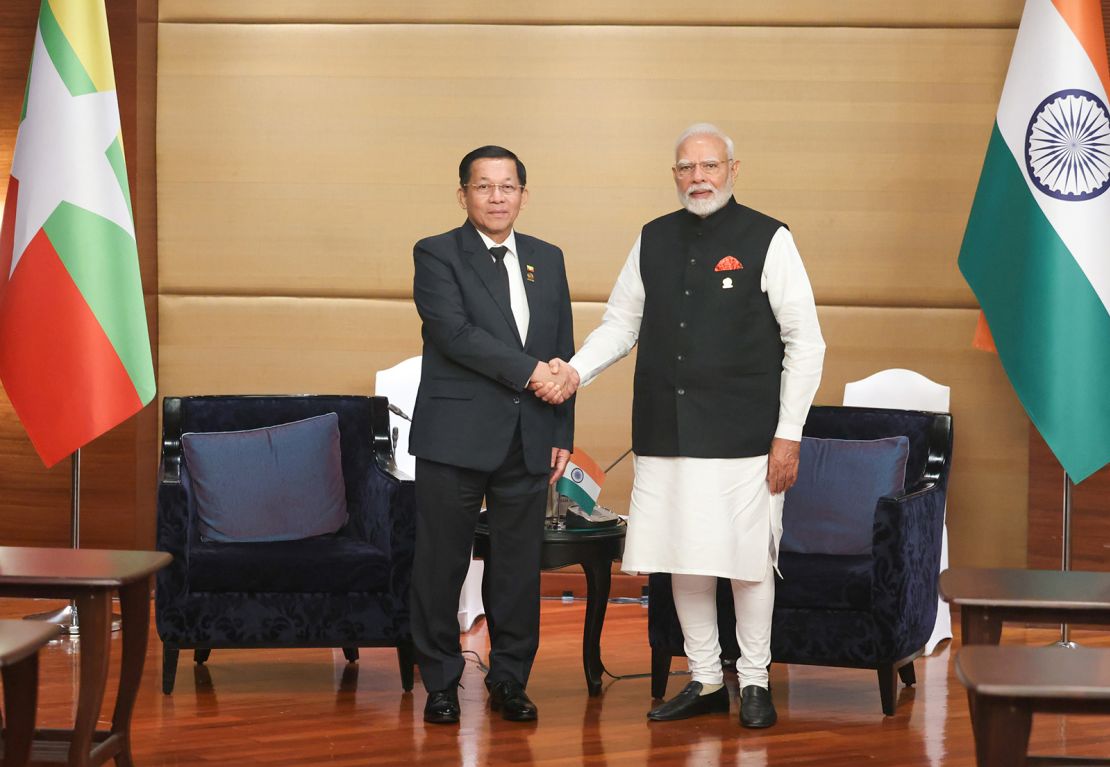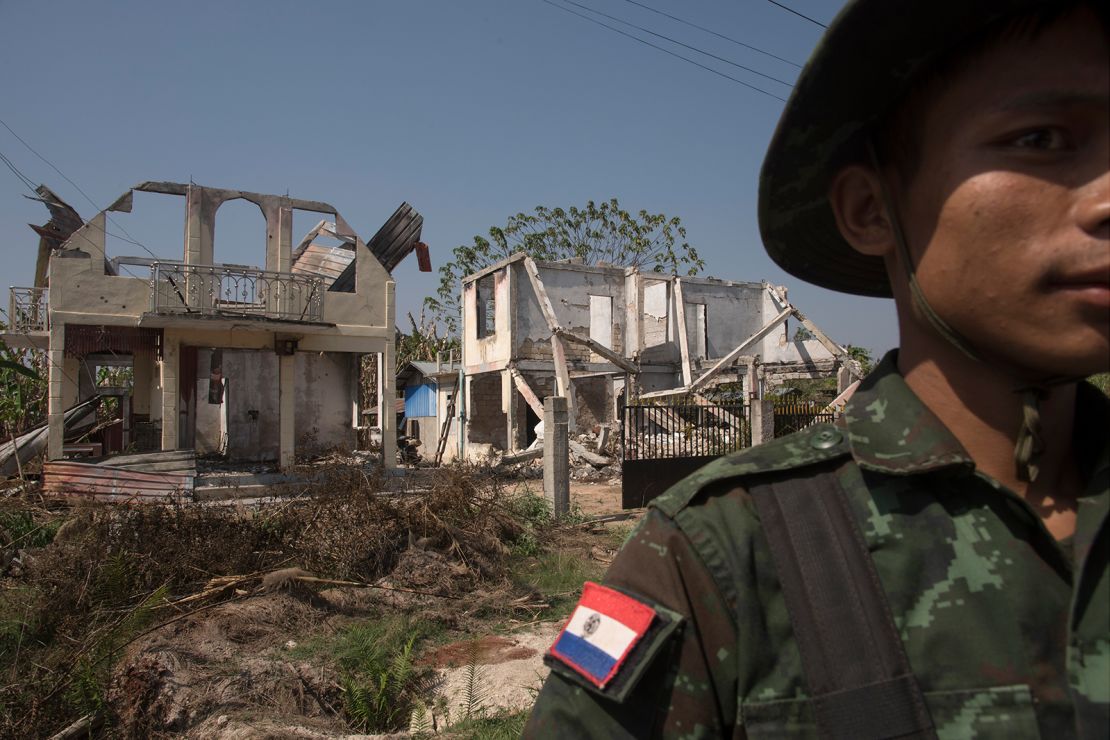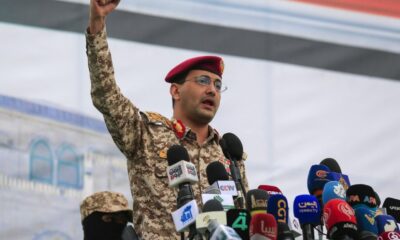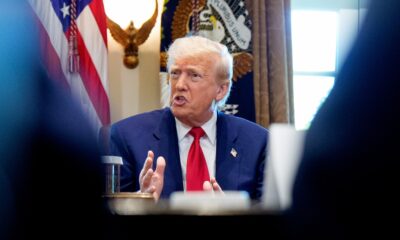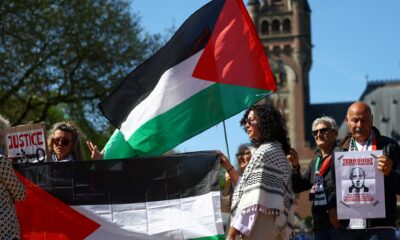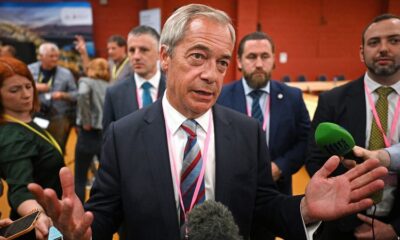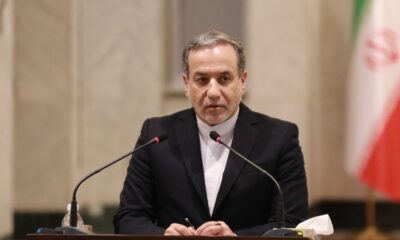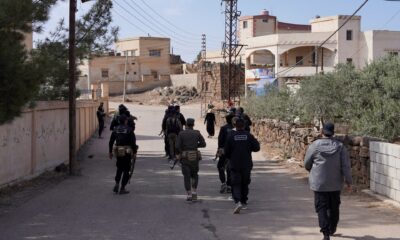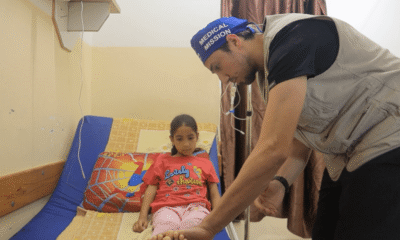CNN
—
Earthquakes are devastating for those who have lost loved ones, homes and livelihoods, but for military dictators clinging to power, such disasters can also bring opportunity.
Myanmar’s military rulers have spent the past four years waging a brutal civil war across the Southeast Asian country, sending columns of troops on bloody rampages, torching and bombing villages, massacring residents, jailing opponents and forcing young men and women to join the army.
The junta is headed by a widely reviled army chief who overthrew the democratically elected government of Aung San Suu Kyi and installed himself as leader.
But like with most aspiring strongmen, Sen. Gen. Min Aung Hlaing’s rule is precarious. He and his cronies have been sanctioned and spurned internationally, the economy is in tatters, and his military is losing significant territory in a grinding, multi-front war against a determined resistance.
By some accounts, he barely controls 30% of the country.
So when a powerful 7.7-magnitude earthquake struck central Myanmar on March 28, killing more than 3,700 people and causing widespread devastation, the general moved rapidly to bolster his position with a rare plea for international help.
“Min Aung Hlaing is leveraging the earthquake for regional engagement and electoral legitimacy,” said Kyaw Hsan Hlaing, a PhD student in political science at Cornell University.
“The humanitarian crisis gives him a pretext to open channels he’d long shut.”
Those openings included a face-to-face meeting last month between the junta leader and Prime Minister Anwar Ibrahim of Malaysia, which currently holds the rotating chair of the Association of Southeast Asian Nations (ASEAN). The regional bloc had shunned high-level talks with Myanmar since the coup, to avoid legitimizing the junta.
Following the meeting in the Thai capital Bangkok, Anwar said he had a “frank and constructive discussion” with the general, focused on humanitarian assistance for quake-hit communities and the extension of a military-declared ceasefire to facilitate aid deliveries.
“For Min Aung Hlaing, securing even a veneer of regional legitimacy now lays political groundwork: He can argue ‘Look, neighbors trust me enough to talk,’ even as democratic leaders and exile groups remain excluded from the table,” said Kyaw Hsan Hlaing.
Some say now is the time for countries to engage with Myanmar’s military rulers, to push for dialogue and peace.
Four years of war has ravaged the country; 3 million people have been displaced by the fighting and the earthquake has only deepened an already dire humanitarian crisis in which at least 20 million people need aid.
“The main concern is the humanitarian situation. Sometimes, when we have this kind of crisis, it’s an opportunity for all the parties to try to come together, to think of the interests of the people… maybe it could lead to some kind of dialogue process,” said Sihasak Phuangketkeow, a former deputy foreign affairs minister of Thailand who has been part of his country’s efforts to engage the State Administration Council, the junta’s official name.
In recent months, Min Aung Hlaing has enjoyed a series of diplomatic engagements.
As bodies were still being pulled from the rubble of the quake, the general was shaking hands with Indian Prime Minister Narendra Modi on the sidelines of a regional meeting in Bangkok.
Rights groups and civil society organizations said his presence at the BIMSTEC summit amounted to the gathering lending legitimacy to a war criminal.
India said its bilateral meeting, set up to facilitate disaster relief, provided an opportunity to push the junta for “inclusive dialogue” and underline that there could be “no military solution to the conflict.”
That meeting came a month after Min Aung Hlaing’s high-profile state visit to Russia to boost cooperation with President Vladimir Putin, his longtime ally and main arms supplier.
Above all for the junta leader, domestic legitimacy is key in order to maintain his regime. And regional support for his planned elections, slated to be held later this year, is the first step in securing that.
Since seizing power, Min Aung Hlaing has repeatedly promised elections.
But with most of the democratic camp in exile or jail, Suu Kyi’s National League for Democracy dissolved, and the military’s widespread repression of the people, such a vote would never be considered free or fair, observers say.
Min Aung Hlaing’s March invitation to election observers from Belarus – Europe’s last dictatorship – appeared to underscore their point.
“We have to make it very clear that for the election to be credible, it has to have inclusive dialogue,” said Sihasak, who is now secretary-general of the Asian Peace and Reconciliation Council.
“It is not a blank check,” he added. “It’s an opportunity for us to engage, but not engage in a way that supports legitimacy, but to impress upon the regime that they have to also make concessions.”
Some observers say the junta cannot be trusted to make concessions, when the military’s history is littered with false promises masking an unending stream of atrocities.
Even as Malaysia’s Anwar was touting the military’s so-called ceasefire to help quake-hit communities, the junta was restricting aid and intensifying its deadly campaign with airstrikes in opposition areas that have reportedly killed dozens of civilians.
Analysts warn that the military will use greater engagement as a pretext to normalize diplomatic ties and entrench its authoritarian rule.
“If you negotiate with the devil without red lines, that is complicity,” said Adelina Kamal, an independent analyst and member of the Southeast Asian Women Peace Mediators network.
Kamal said the international community risks being “deceived into the military’s stage performance,” where elections would be “an illusion of democratic transition.”
In 2008, when parts of the country were ravaged by powerful Cyclone Nargis, the military regime at the time pushed ahead with a constitutional referendum that paved the way for a semi-civilian government but cemented the military’s influence on the country’s politics.
With a new military-drafted constitution in place, the regime – called the State Peace and Development Council – held elections in 2010 widely regarded as a sham.
Today’s junta is “taking a page from the SPDC’s playbook to assert and retain its political role,” said Moe Thuzar, coordinator of the Myanmar studies program at the ISEAS-Yusof Ishak Institute.
“The people of Myanmar have made it amply clear since 2021 about their mistrust in the military’s statements about elections, and view elections in the current situation as potentially leading to more violence.”
Those who have firsthand experience of that violence say actions speak louder than words.
“Talking to Min Aung Hlaing will not bring any political solution and satisfy what the majority of people want,” said Khun Bedu, chairman of the Karenni Nationalities Defense Force, which is fighting the military in the country’s southeast.
The Karen National Union, which has been fighting the military since independence from Britain more than 70 years ago, said inclusive dialogue cannot happen without first a ceasefire and the delivery of humanitarian assistance.
“Before all people can sit together and solve the problem, Min Aung Hlaing needs to stop all of the violence in the country. Without that we cannot accept any dialogue,” KNU spokesperson Saw Taw Nee told CNN.
There is hope, however, from some quarters that progress could be made this year.
Following his talks with the junta leader, Malaysia’s Anwar also held a widely praised virtual meeting with Mahn Win Khaing Than, prime minister of the National Unity Government, in ASEAN’s first public face-to-face with Myanmar’s shadow administration of lawmakers deposed in the coup.
The NUG, which considers itself the legitimate government of Myanmar, has repeatedly insisted on engaging all stakeholders to solve the crisis.
“I see 2025 as the year, with the election coming in and with this crisis, that we can either win the peace or we can lose the peace,” said Sihasak, the former Thai minister.
To get there, international partners should “tie any dialogue to verifiable steps” including “genuine humanitarian corridors, release of political prisoners, and binding guarantees of inclusive talks,” said Kyaw Hsan Hlaing at Cornell.
“Otherwise, engagement simply extends the junta’s lifeline at the expense of the Burmese people’s aspirations for democracy,” he said.

